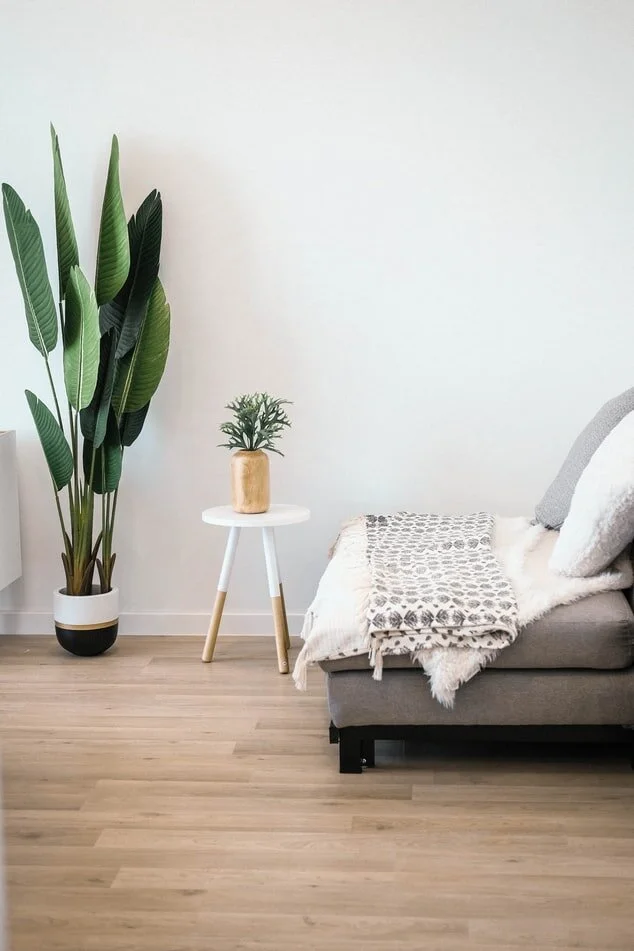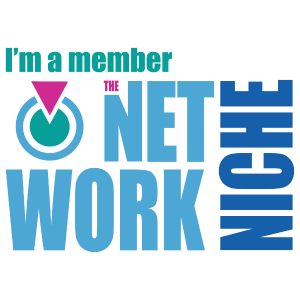Headaches: Causation, Treatment & Prevention
/While the science behind headaches stems from a biochemical disorder, psychological influences can play a key role in the onset or maintenance of a headache. Research has shown that there is a comorbidity between psychiatric symptoms and headaches, particularly that of anxiety and depression. Due to biopsychosocial factors, headaches can have serious influences on a person's overall quality of life. In this post, we are going to take a look at the causation of headaches and ways you can treat/prevent them.
Primary Headaches
There are 2 types of headaches that a person can experience- primary or secondary. Primary headaches happen when there is an issue with the pain sensitivity structures or they go into overdrive. Nerve or blood vessels around the skull, head or neck muscles, or chemical activation in the brain can all play a role. One of the most common types of primary headaches is a migraine.
Migraine
Symptoms can cause intense pain or throbbing typically on one side of the head. While the verdict is still out on the causation, researchers believe that the causation is related to unstable nerve cells that overreact to different triggers. These triggers can include...
Issues with sleep
Depression, Anxiety or Stress
Hormonal changes in the body (including PMS)
Fatigue or hunger
Alcohol Use or caffeine withdrawal
Bodily strain related to posture
Secondary Headaches
These headaches are typically related to a secondary cause, such as a medical condition. These can include...
Head Injury (such as a concussion)
Infection
Overuse of medication
Congestion of the sinuses
Tumor
now COVID-19
Treatment of Headaches
As there are many ways to treat a headache, I will touch on a few common and not-so-common treatments.
Over-the-counter
Anti-inflammatory medications (such as Aspirin or ibuprofen) and acetaminophens (i.e., Tylenol) are what many individuals use for pain relief. These medications either block the production of chemicals that cause inflammation or elevate pain thresholds to relieve pain and reduce fevers (in the case of acetaminophens). If you see a primary care provider or specialist, they may recommend other types of medications which call for a prescription.
As we stated before, because there is a psychological aspect that can onset headaches, there are other forms of treatment that don't require medication (but an appointment with a psychologist or therapist). These include...
Stress management
Using learning relaxation techniques- such as deep breathing, muscle relaxation to manage stress which can reduce headaches. Additionally, Cognitive Behavior Therapy can teach coping skills to manage pain.
Acupuncture
Some research shows acupuncture to be effective in the treatment of headaches by restoring the flow of energy in the body and removing negative energy related to pain by dividing the body into zones and pressure points (typically near the nerves).
Feedback Treatment
Biofeedback is a common modality used in headache treatment. It involves sensors placed on different parts of the body that monitor physiological changes in the body (including muscle stress, heart/ respiratory rate and skin conductance). In turn, instant feedback is provided to the specialist who helps teach the individual how to gain control of these bodily processes.
Additionally, neurofeedback is another feedback modality where sensors are connected to the head to determine neural activity levels in specific brain areas. This information is relayed in real-time, and the specialist provides techniques to teach the individual ways to control brain activity responses.
These feedback modalities can decrease psychiatric symptoms like stress or anxiety, reduce pain and muscle tension, as well as strengthen brain activity.
Headache Prevention
As we've discussed, there are many things that can cause a headache and while some of these may be out of our control, there are still preventative steps that you can take to either reduce some of the characteristics of headaches (duration, intensity, frequency). These include...
Diet changes & increase water intake
Healthy sleep regimen
Reducing stress
Seeking Therapy to decrease psychiatric symptoms
Increasing opportunities for self-care
Talking with your doctor
As always, this post is only to provide general information. Please consult with your provider regarding treatment for your specific needs.
LETS GET SOCIAL


















